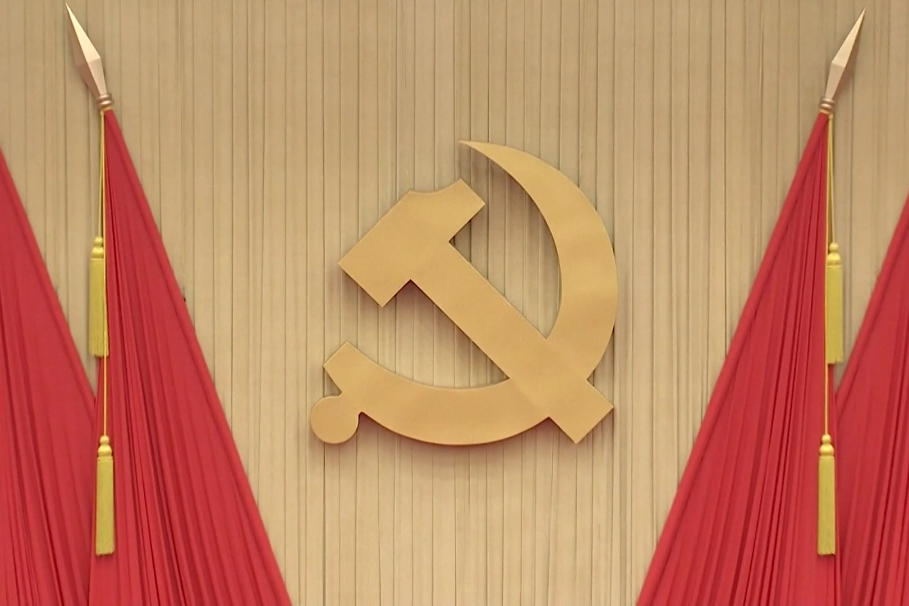Next three years critical for China to thrive in math
By Zhou Wenting | chinadaily.com.cn | Updated: 2023-04-09 15:46

The upcoming three years will become a key period for China to thrive and excel in the mathematics field and the country must see clearly its capability and play up its strengths, Qiu Chengtong, an internationally renowned mathematician, said.
The rise of a nation's math level lies in not following scholars from other countries to do repair or supplementary work, but in finding an important research direction for itself, said Qiu, the first ethnic Chinese laureate of the Fields Medal in 1982, during a keynote speech at the second Shanghai Master Forum on Science held at Fudan University on Friday.
"China's math level currently has not reached the latter but is higher than the first," said Qu, who is also a foreign academician with the Chinese Academy of Sciences, an academician of the United States' National Academy of Sciences, and an academician of the American Academy of Arts and Sciences.
Modern math can be divided into dozens of subdivisions of fields. And therefore, a comprehensive understanding of the development branches of modern math and a scientific evaluation of the emerging disciplines in math will do great benefit to the development of the discipline at home, he said.
"Only by aligning with the international community can the young scholars break the shackles in their thinking and embark on their own path while keeping up with the forefront of the world's development," said Qiu, who was born in Shantou city, Guangdong province, in 1949.
Since last year, Qiu has been participating in the preparation for the International Congress of Basic Science, which is scheduled to be held in Beijing in July this year. He is dedicated to inviting scholars with significant contributions in math and theoretical physics and engineering to discuss the most cutting-edge knowledge and problems.
Two years ago, Qiuzhen College, Tsinghua University, was established, and Qiu was the founding dean. He aims to cultivate a batch of first-echelon talents for China that can guide the world's math development and transform the development of basic science.
























